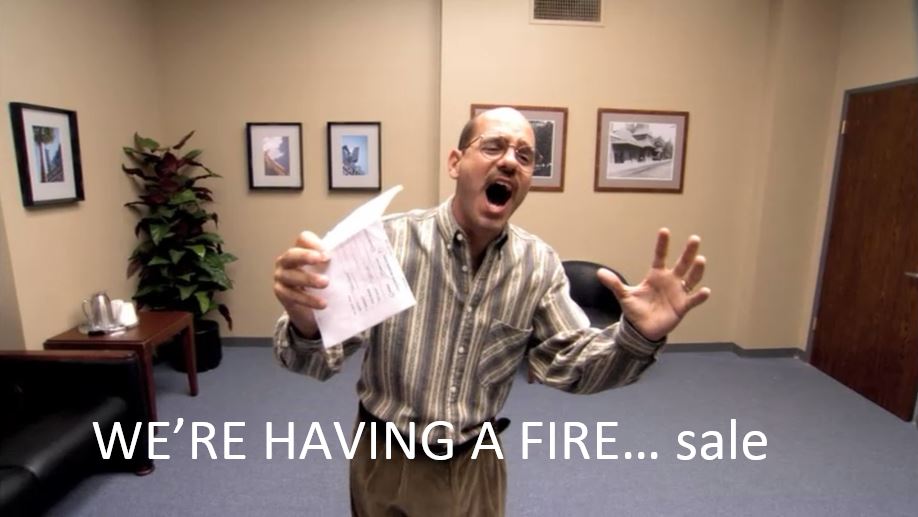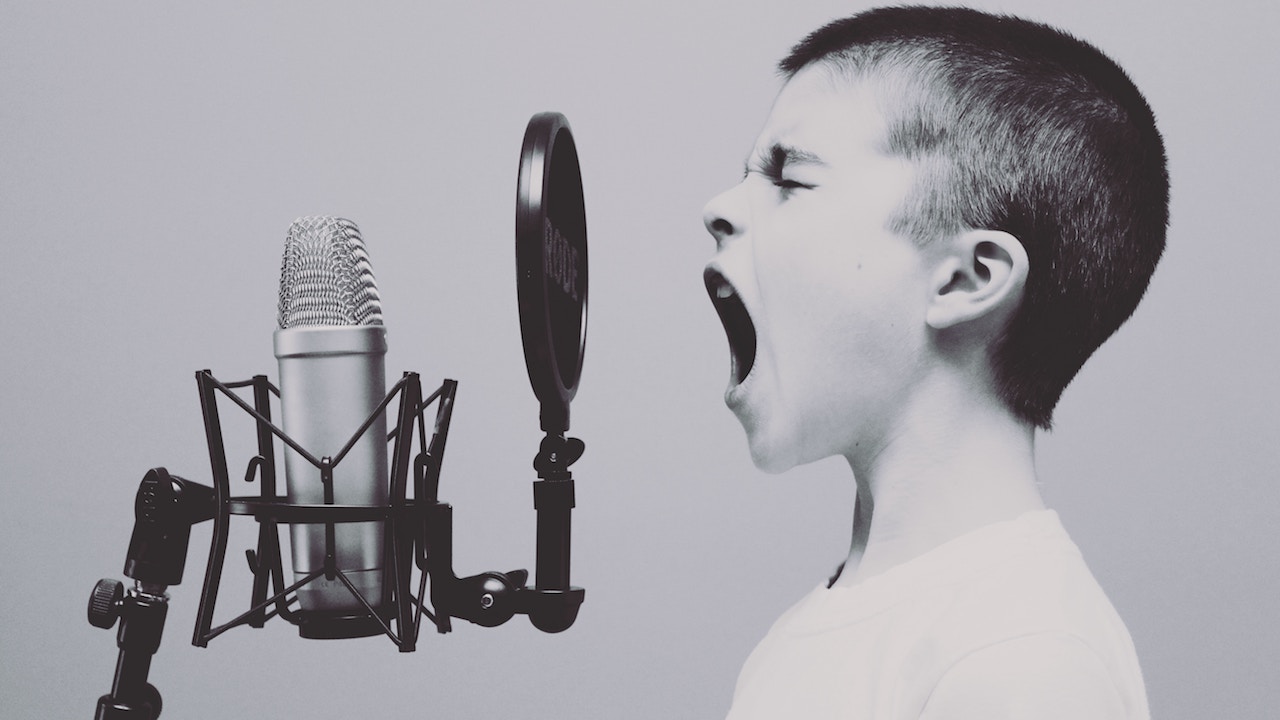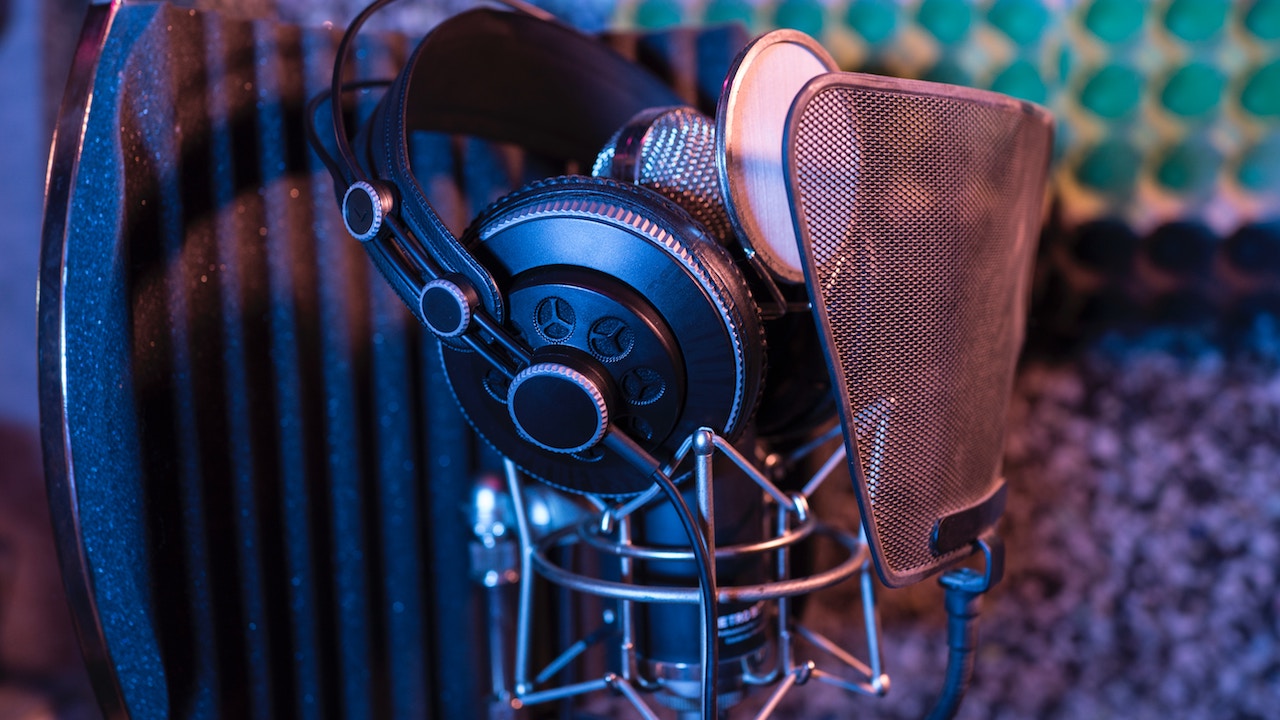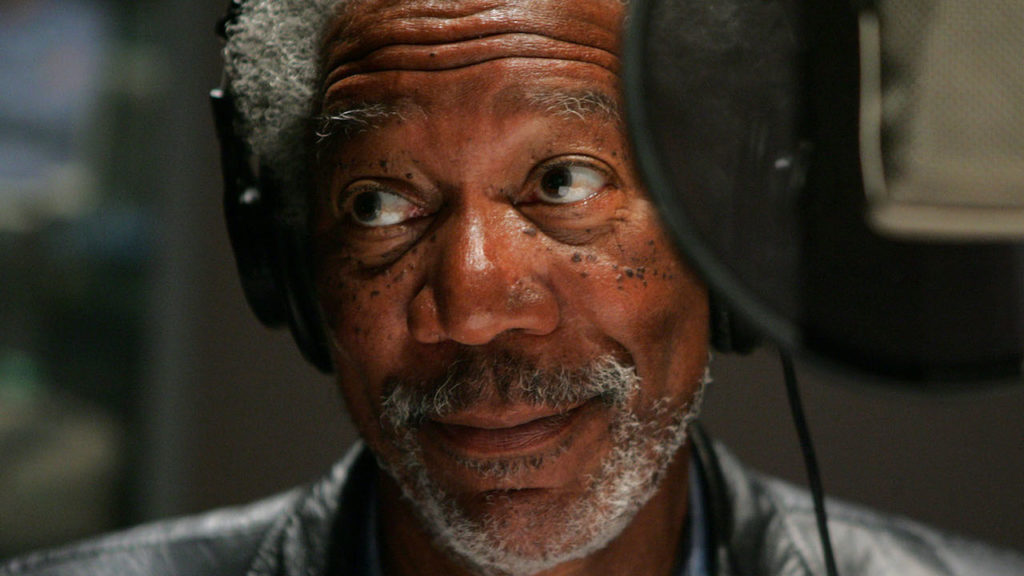9 Ways to give the best voice-over performance.
There are a lot of people who claim that they would make a great voice-over artist. And, with the drastic variations in voice-over needs nowadays, they could very well be right. There are a few things that are true for all voice-over needs though — whether it’s voicing a cartoon, a corporate spot, a movie preview, or a documentary.
Here are 9 things you can do to make your voice-over spectacular.
Stay Hydrated
Staying hydrated is crucial. It can drastically affect your vocal chords, for better or worse. Ensuring you’re hydrated also reduces gross “mouth noises” — something your audio engineer will thank you for. Seriously… it’s gross to have to listen to.
Read the Copy in Advance
Luckily, you don’t have to memorize lines if you’re doing a voice-over but reading the script before getting into the booth will save so much time in the long run. Plus it gives you the opportunity to ask your client for clarification if there are any confusing sentences, typos, or difficult to pronounce words.
Break it Up
You can make things easier for yourself by breaking up the script into easy to record chunks. The obvious thing to do would be to read each paragraph but, depending on the script, that might sound too long-winded, while breaking up the script into sentences will likely take you forever to record and edit in post. In this case, my suggestion comes from my background in music: notate your script. While you’re reading in advance make it a point to note where you’ll be taking breaths or where it sounds natural to pause. You can also make a note of which sentences include things like lists (I almost always notate those because it changes how you start the sentence). Don’t go so overboard with the notes that you end up ignoring them all but a few here and there will definitely help.
Breathe
Obviously, it’s important to breathe. It’s a natural thing we do unconsciously everyday, but it warrants more consideration when you’re recording a voice over. You don’t want to be out of breath before the end of a thought or have to take a breath in a spot that doesn’t sound right. Typically you want to sound natural, and no one wants to hear you take a deep breath between words or have to edit out awkward breaths.
Emotion

While most people aren’t getting things completely wrong (think Tobias Funke’s “Fire Sale” audition), it can be easy to read one paragraph in a number of different ways. It’s important to know what the client is really looking for. Do they want you to sound sincere or excited? The difference in the booth can feel very drastic.
Energy
This one is harder than it sounds. Even seemingly boring voice-overs require more energy than typical conversations outside the booth. Voice-overs are often done without another person to interact with so the energy level needs to come solely from the artist. It’s also important to make sure you don’t have too much energy for the spot you’re doing. Getting to that sweet spot can be tricky.
Have a Director Present

This isn’t always possible — I’m aware of that. But, when it is, I cannot overstate how helpful it is to have someone present who can let you know if something you are saying is coming off wrong or if you’re not conveying the correct amount of energy or emotion.
Enunciate Clearly
Obviously if you’re in character your version of “enunciate clearly” may be different than if you’re reading for a nature documentary. But, at the end of the day, your audience wants to understand what you’re saying. They won’t be able to understand you if you mumble or if you’re rushing. Which brings me to:
Slow the F*&# Down!

When speaking in conversation it’s common for us to get excited and speed up our speech. This will not work for voice-over for the same reasons enunciation is important. Your audience wants to be able to understand you and if you speak too quickly they won’t catch all of what you’re saying.
If you’re thinking about starting out as voice-over talent, find a studio with a great team to help you through it. If you’re looking to do it all yourself check out Joe’s blog which outlines the gear you’ll need. Otherwise be sure to check out our voice-over talent reels!

One Response
Hey Mary, great tips. Thanks for sharing these. To add on, a good vocal warm-up is also important for a VO artist to deliver the best performance. This can prevent strain and vocal injury as well as help improve voice quality.